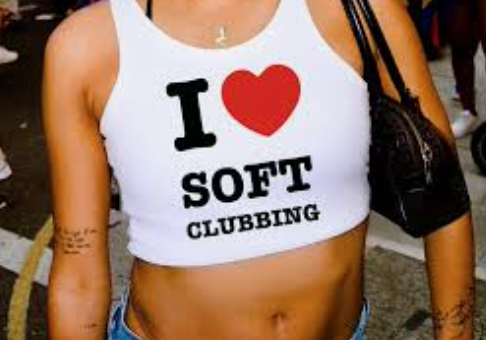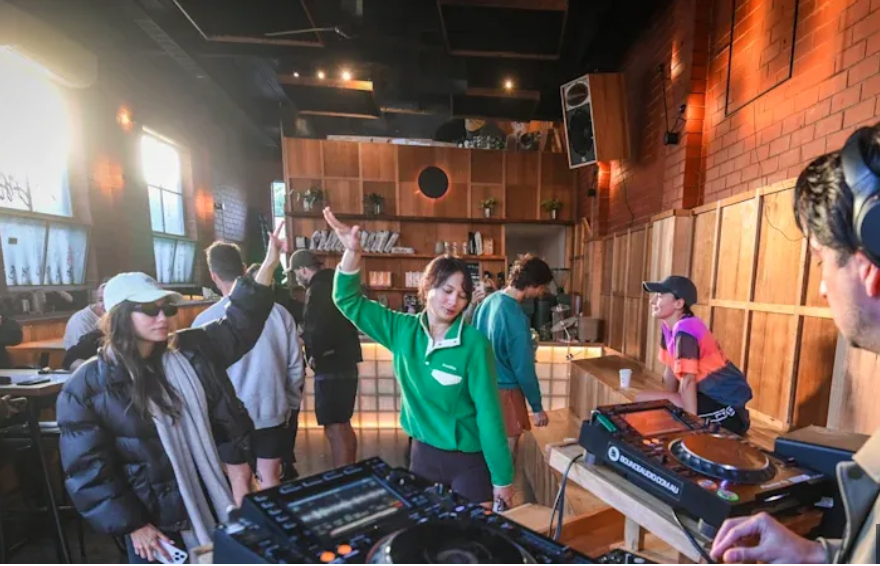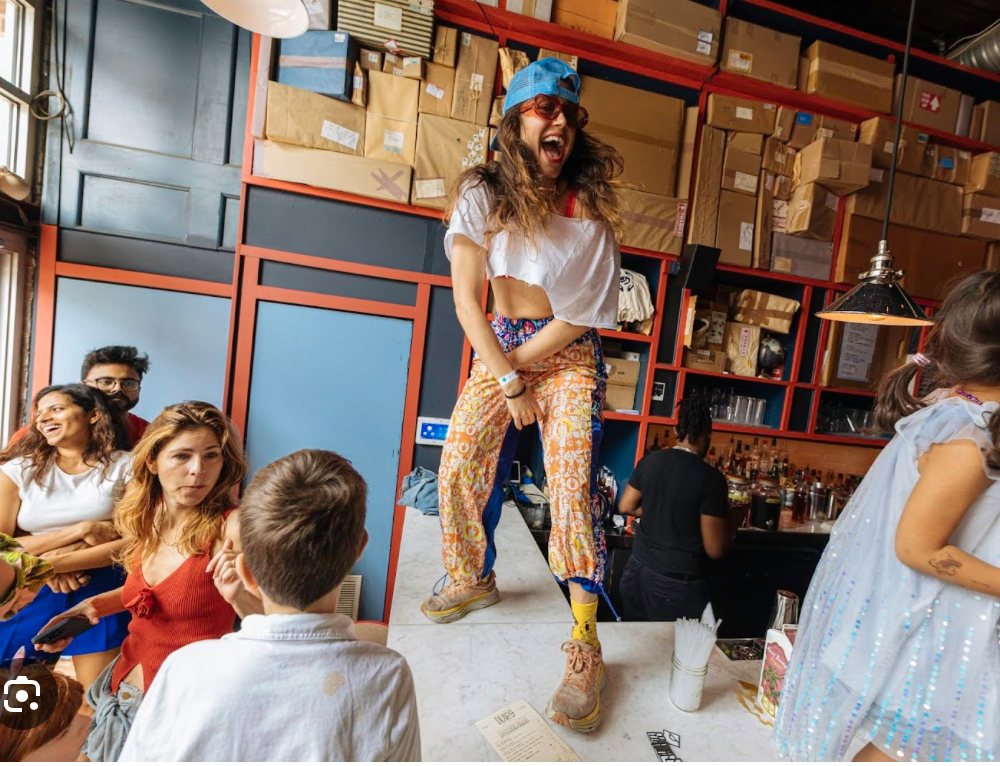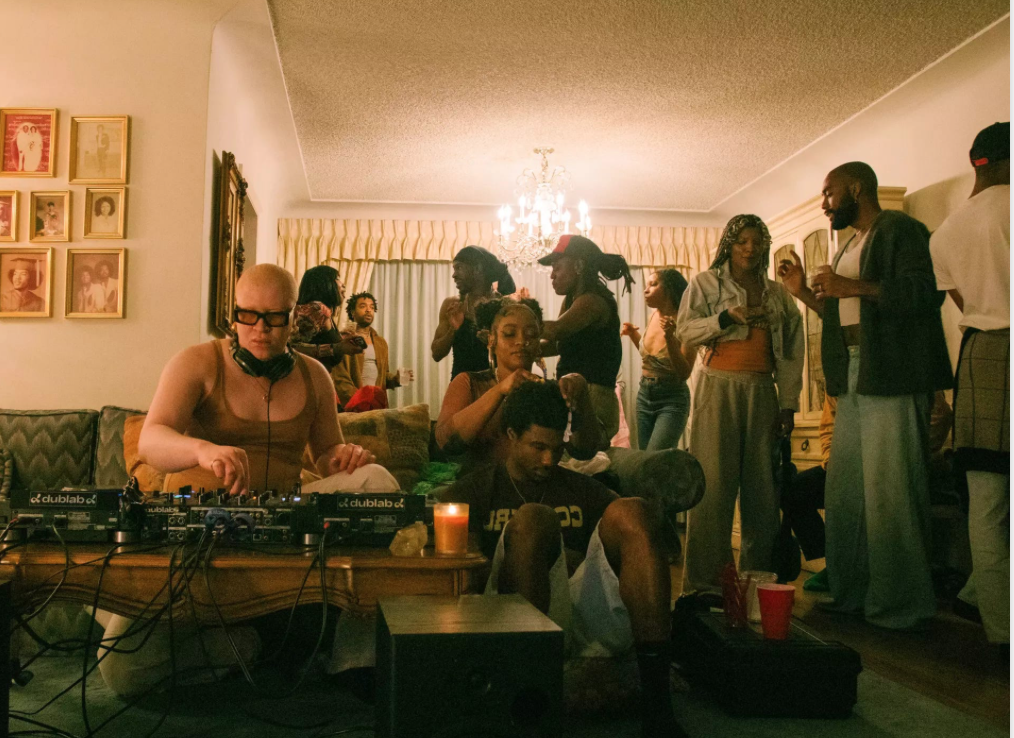Welcome to the world of ‘soft clubbing’, where coffee, not alcohol, fuels the party.
As you know, I have quite a bit of experience of clubbing culture over the past three decades.

Clubs from London to Ibiza which would’ve once had droves of people queued outside on a Saturday night now stand idle, and Gen Z are now ditching drinking in bars in favour of wellness.
The signs are everywhere. For example, Creamfields this year introduced a daily 5K run and on-site gym to its programming, and daytime pop-ups are becoming the event of choice for twenty-something-year-olds seeking sober socialisation. Wellies, alcohol, mud, staying out all night, sleeping until lunch and surviving off Pot Noodles; these are all things that are associated with UK festival culture – or should I say, were.

Even my radio partner Ronnie Herel’s Funky Dory Mini-Fest featured massages, wellness tents and healthy foods & smoothies. Next year, I will attend The Mi-Soul Grand Weekender in Brighton where we will all be encouraged to attend yoga in the mornings and a 10k walk on the beach before dancing to our fave DJs drinking fresh coffee instead of vodka and champagne.
In fact, thanks to Gen Z, your favourite Coffee shops will become the new dance music venues.
Welcome to the era of soft clubbing.
This isn’t just a fluke either – EventBrite has reported a 478 per cent increase in coffee clubbing events, a 20 per cent increase in morning dance parties, and 1,105 per cent increase in attendance at thermal gatherings.

“This movement isn’t about giving something up—it’s about choosing more,” says Roseli Ilano, Eventbrite’s Head of Community & Trends Expert. “More presence, more intention, more joy. Gen Z is redefining what it means to go out, and they’re turning to experiences that nourish the body and soul as much as they entertain.”
So just why has ‘soft’ clubbing taken centre stage? Firstly, going out is expensive. Everything has increased in price in recent years, and people are now more mindful of how they spend their cash – which means choosing events that give them genuine benefit, whether in the form of proper time to catch up with friends, or boosting their wellbeing – rather than being found head buried in a bass bin.
Secondly – forming genuine connections is hard. Between Covid lockdowns stunting friendships and a chronically online generation; young people today are far lonelier than generations before us.

So, naturally, instead of going out and waking up with no recollection of how you’d just spent the last 12 hours, Gen Z are now seizing every opportunity to build real relationships and properly socialise in a way they’ll remember the next morning and beyond, free from hangxiety.
Choosing daytime events is also more practical on every level, whether it’s balancing a career with a social life, or being able to enjoy events while still having the evening to unwind, as well as the safety aspect of not roaming the streets half cut during the early hours.








